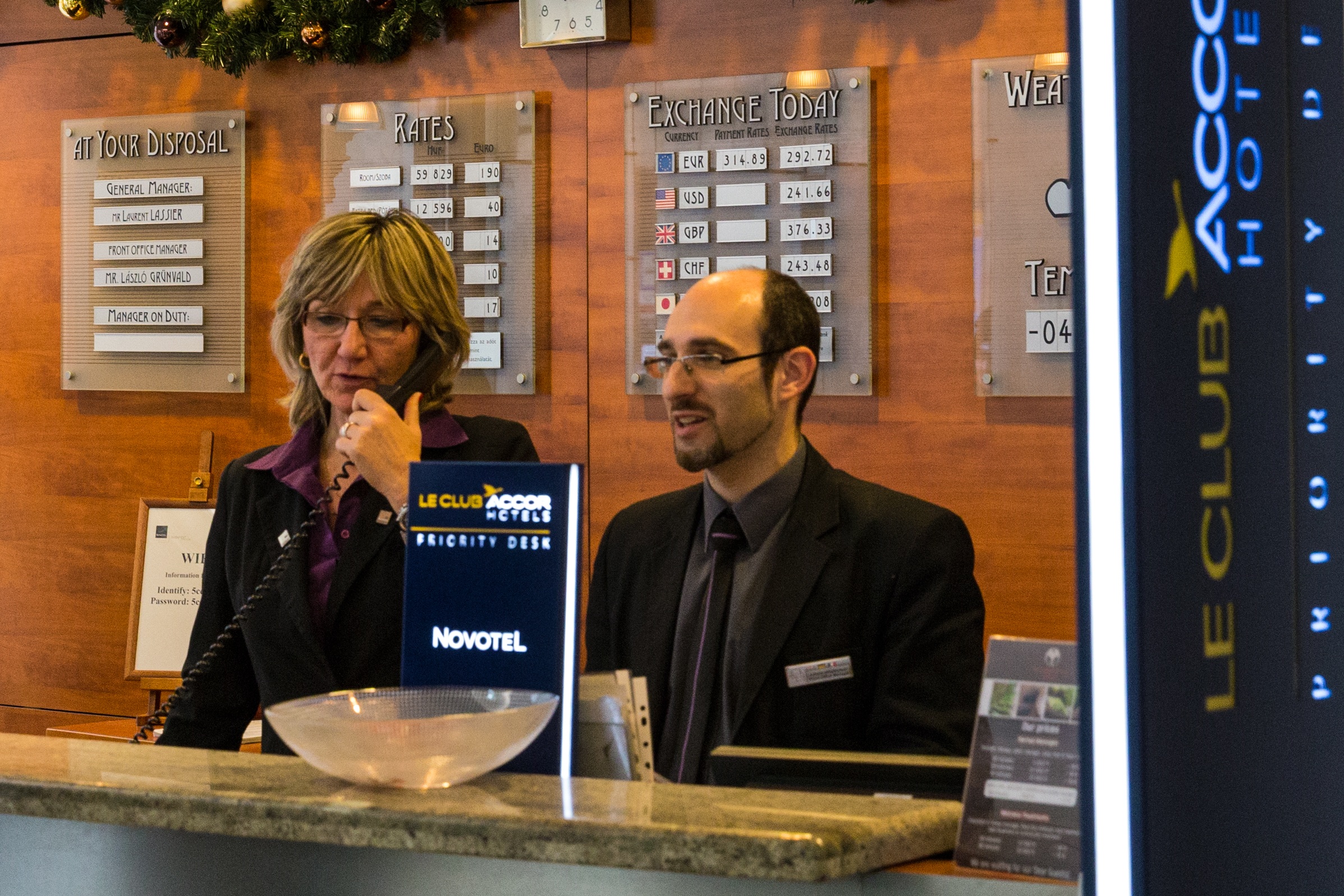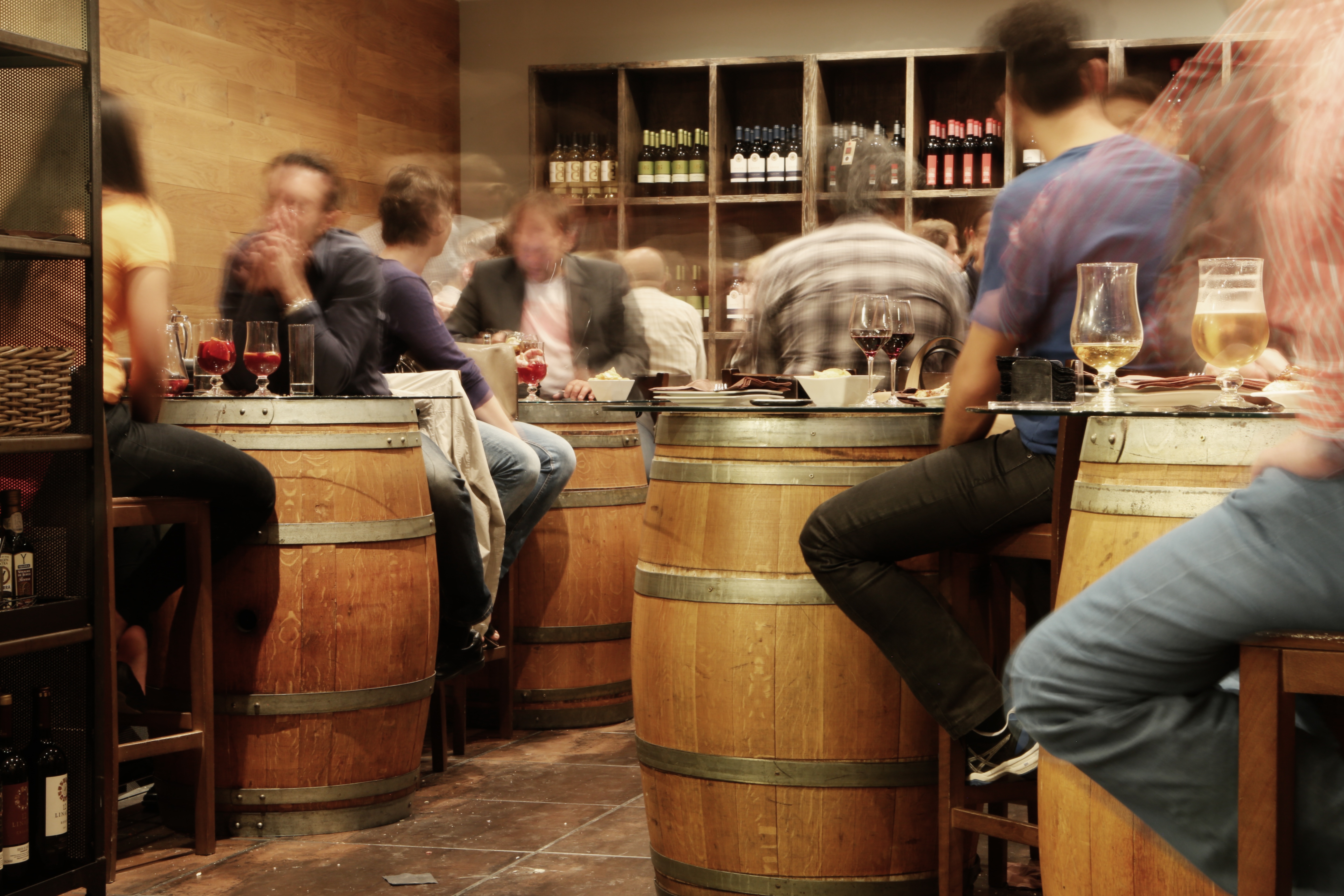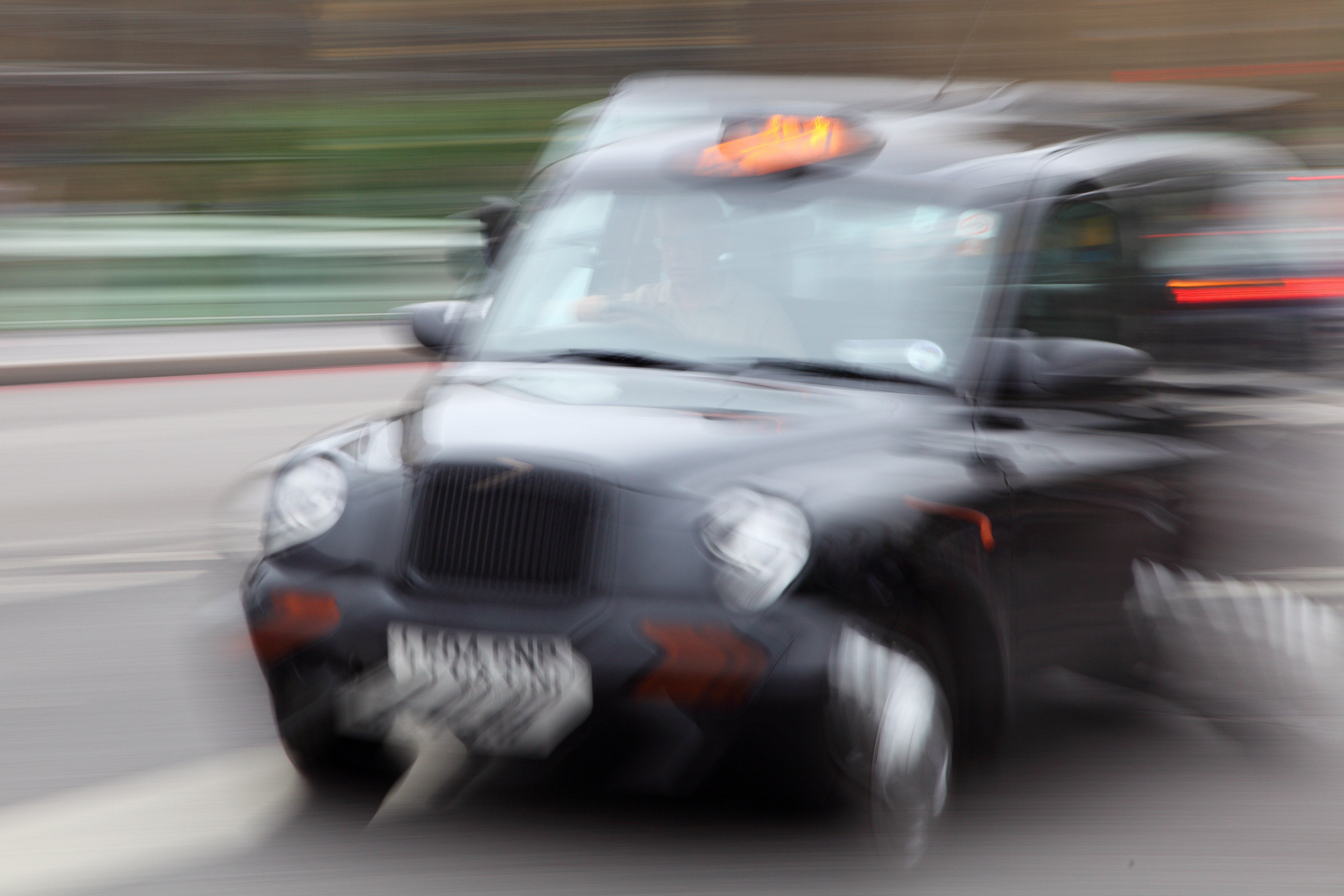The unwritten London giving laws
Tipping, or gratuities, can be confusing for the London traveller. First of all, remember that there is no legal requirement to leave a tip. The etiquette of doing so varies according to the situation and, of course, the service that you may or may not have received.
Whilst it is always appreciated but not always appropriate . There are some situations where it is customary and it is definitely worth knowing when and where .


Restaurants
It is customary to leave 10-15% of the total bill as a tip. Leaving less than this may be taken as an indication that you were unhappy with some aspect of your dining experience. Some restaurants include a service charge automatically, particularly for larger parties. If you do not want to end up paying twice, it is worth checking your bill before leaving a tip. Paying in cash is usually preferable, at least from the perspective of the serving and kitchen staff. Some restaurants are disappointingly underhand and do not pass on tips that are added to card payments. Tipping in fast food restaurants or takeaways is not expected. However, you may wish to tip someone who delivers food to wherever you are staying. Again, 10-15% is the usual rule of thumb.
Hotels
Most London hotels include a service charge on their bills. 10-12% is standard. Many guests also choose to leave an amount in cash for the room staff.
How much you leave is at your discretion, and is certainly not expected. You may also wish to tip other staff members, such as a doorman who hails you a taxi. It is most usual to tip porters, perhaps because they will be among the hotel’s lowest paid staff.
Pubs
There is no hard and fast rule about tipping bar staff. In some places, you may receive your change on a small tray. The hope, although not the expectation, is that you will leave the money on the tray for those working behind the bar. In more traditional establishments, particularly old-fashioned pubs, you may hear drinkers say, “and one for yourself” to the person taking their drinks order. This is code for telling the bar staff to take a small amount from the change they would otherwise have returned to the customer. The amount is usually not more than a pound or two, and almost never the true price of an alcoholic drink.
Taxi drivers
Some people tip their cabbie 10-15% of the total cost of the ride. Many more round up the fare to the nearest £1 or £5 and tell the driver to “keep the change”, more as a convenience to both passenger and driver than as a tip. On an airport journey in a booked minicab you might wish to tip two or three pounds if the driver helps with your luggage.
Beggars
You may encounter beggars anywhere in London, but certain areas of the city are begging hotspots. It is natural to feel sympathy but several charities that work with London’s homeless urge caution before putting your hand in your pocket. According to Thames Reach, giving to beggars “can have fatal consequences”. This point of view refers to the very high levels of drug and alcohol addiction suffered by many of London’s beggars. A good alternative to giving directly is to make a donation to a charity that supports the homeless.
Chuggers
The conflation of “charity” and “muggers” is faintly humorous but entirely illustrative of the approach taken by many of these street fundraisers. Although not a uniquely London phenomena, they are a particular problem in some of the city’s busiest streets. They step out in front of passers-by and engage them in a conversation, with the sole aim of getting them to donate money to the charity the chugger represents. As, ideally, the chugger wants a potential donor to sign a direct debit form, it is easier to skirt this if you are not from the UK. If you are, and do not want to be troubled by a chugger, it is worth practicing your firmest “no”. If all else fails and you find yourself quick stepping around a silvery-tongued chugger, console yourself with the fact that even Londoners have trouble evading them.
 Tipping, Giving & Charity
Tipping, Giving & Charity







 Load more articles
Load more articles